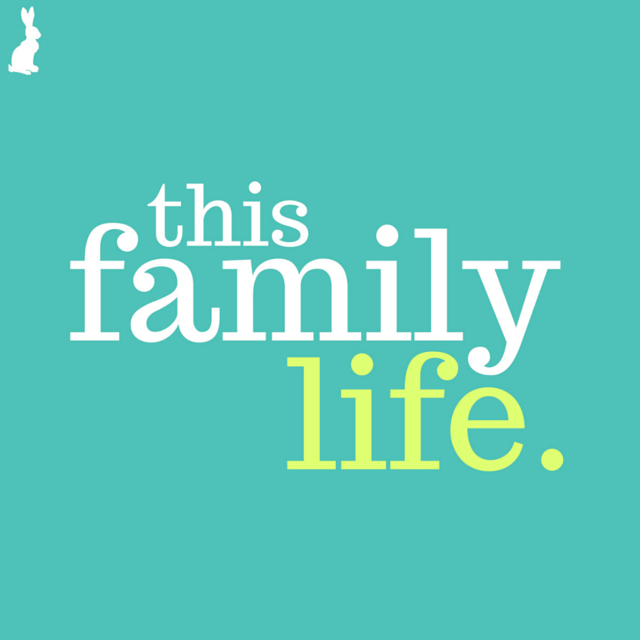This episode features Anne who lives in Melbourne with her husband and two children; a daughter aged 6 and son aged 11. Anne’s son was diagnosed in 2014 with print disability dyslexia and she is very proactive in supporting his education the best she can. Anne also runs own business from home as a copywriter and content creator.
Anne shares openly about her family experience and some highlights of the wisdom you will pick up from this episode are:
- How to be an advocate for your child who has a learning difference
- Managing homework help with both children
- The benefits and challenges form working from home
- Making the change from being a night owl to an early riser
Blog posts mentioned in the episode:
Other useful information and links:
Thanks so much to Anne for sending through the following information:
Dyslexia is not a disease! The word dyslexia comes from the Greek language and means difficulty with words. Individuals with dyslexia have trouble with reading and spelling despite having the ability to learn. Individuals with dyslexia can learn, they just learn in a different way. Often these individuals, who have talented and productive minds, are said to have a language learning difference.
A student with dyslexia will have a particular difficulty with single word reading (decoding).The central difficulty for a student with dyslexia is to convert letter symbols to their correct sound (decode) and convert sounds to their correct written symbol(spell).
- If you have any concerns about the way your child is learning, spelling or reading, don’t wait for the teacher to tell you what to do. Sadly most of our teachers are NOT trained to recognise learning differences such as dyslexia.
- If you suspect your child has a learning difference, if you feel in your gut that something isn’t right, don’t ‘wait and see’. In the dyslexia community this is known as ‘wait and fail.’ Speak to the teacher, but look elsewhere for advice if you feel you need it.
- If your child has a learning difference, your school has a duty of care to support your child and accommodations can be provided. A recognised learning difference such as dyslexia means your child needs an Individual Learning and Improvement Plan.
- Don’t spend money for a solution/program/assessment that is not evidence-based. Do lots of homework and ask lots of questions first.
- Find your child’s strengths and concentrate on this. Your child is working hard on so many other things, they need to feel as successful as possible in the areas of life in which they excel.
There is a lot of advice and support out there – in fact it can be overwhelming. I recommend organisations such as ADA and SPELD. There are also national and state based Facebook groups that are a great source of information.
On Facebook search for:
- Dyslexia Support Australia
- Dyslexia Victoria Support Group
Don’t forget to say hello on social media by using the hashtag #thisfamilylifepod
Connect with us: Twitter | Facebook | IG
Subscribe to the show: iTunes | Stitcher | RSS
Listening to podcasts
If you have never listened to a podcast, don’t worry it is simple and there are a number of ways you can do it. I wrote a detailed post with screen shots that you can find here – How to listen to podcasts, or you can follow the brief instructions below:
- on iPhone/iPad/iPod – it automatically has the Podcast app downloaded on the iOS devices. Look for it on your device, open it up and search for this family life. Once you have found it click subscribe and from that point on all new episodes of the podcast will be automatically updated for you.
- on Android – there are a number of apps you can install to listen to podcasts on your Android phone. Podcast and Radio Addict is free and will keep you updated once subscribed.
- on computer – you can find the podcast here on iTunes and listen directly on your computer.
- the player below! – you can always hit play on the player below and listen directly.
I would love your feedback on the podcast and if you enjoyed it, it would be tremendously helpful if you left a review on iTunes. Leaving a review makes it easier for others to find the podcast and hear the amazing wisdom these parents have to share.
Thanks so much for listening!

